Israel’s Aid to Turkey: An Example of Disaster Diplomacy
Israel’s Aid
He who saves one human being has saved the whole universe.
כל מי שמציל נפש כאילו הוא הציל עולם מלא
Sanhedrin, 37a-14
Israel’s response to the seismic event that struck the South East region of Turkey on February 6 demonstrated a significant display of humanitarian assistance and diplomatic collaboration. In the immediate aftermath of the earthquake, Israel promptly mobilized search and rescue teams equipped with advanced technological resources and specialized expertise in disaster management. These teams, comprising highly trained personnel adept at executing complex rescue operations, played an instrumental role in the identification and extraction of survivors entrapped within collapsed structures. Furthermore, Israel expedited the provision of essential medical supplies and humanitarian aid, thereby addressing the acute needs of the affected population. Such proactive engagement underscores the profound implications of bilateral relations and international solidarity in times of crisis, serving as a testament to the efficacy of coordinated humanitarian efforts.
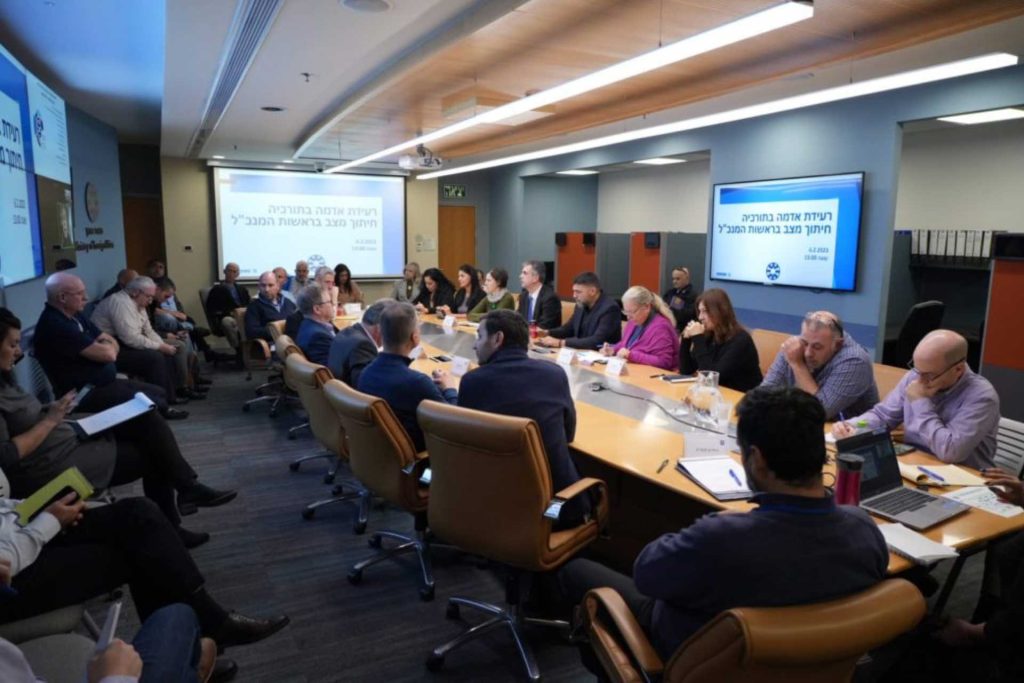
Within a mere three hours following the seismic event, Israel convened an emergency meeting under the leadership of Foreign Minister Eli Cohen to deliberate on the provision of aid to Turkey. Subsequently, crucial decisions were swiftly reached within a concise two-hour timeframe. Prime Minister Netanyahu promptly communicated via his official Twitter account the nation’s commitment to expeditiously dispatch support to Turkey, notably emphasizing the imminent mobilization of assistance teams. In this rapid response, Israel underscored its unwavering dedication to extending aid to nations facing emergent humanitarian crises, exemplifying the agility and decisiveness requisite in such exigent circumstances.
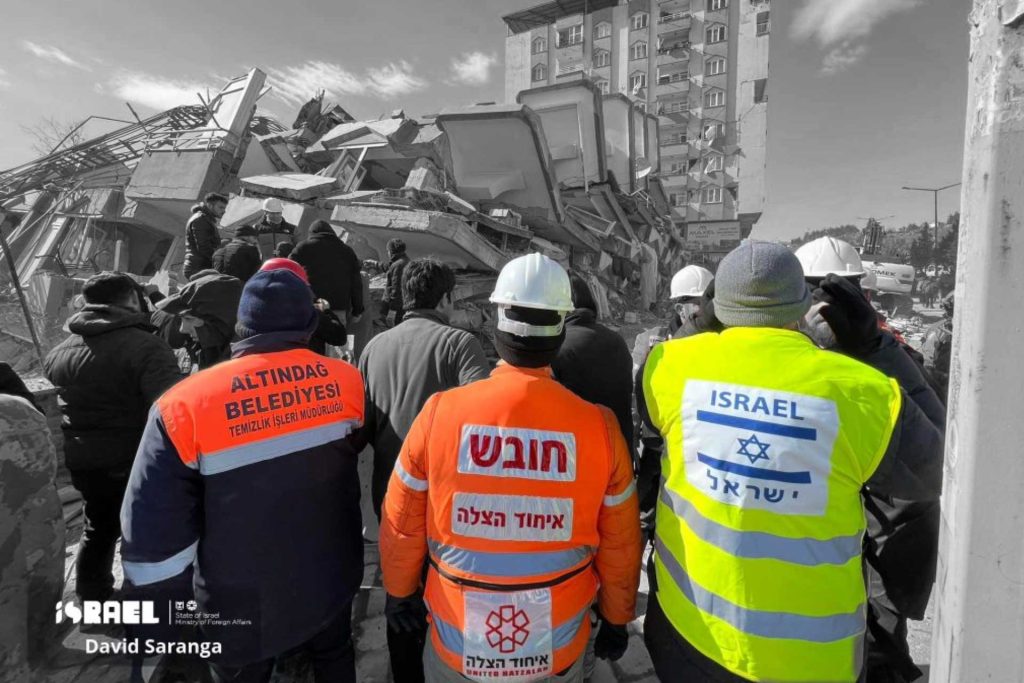
On the evening of February 6, the Israeli Defense Forces (IDF) humanitarian support unit, designated “Olive Branches” by the Israeli government, finalized their preparations and commenced their journey towards Adana. By the early hours of February 7, a contingent of approximately 200 personnel arrived at Adana Adnan Menderes International Airport and promptly proceeded to Hatay, a municipality severely afflicted by the earthquake, where they initiated coordination efforts with local response teams. Subsequently, on Tuesday, a secondary Israeli team comprising 150 individuals touched down in Adana and dispersed to various search and rescue sites. Later that same evening, the third Israeli team disembarked at Gaziantep, bolstered by additional medical personnel to enhance on-ground medical support capabilities. Notably, in a testament to the depth of Israeli commitment, the fourth team, comprising specialized personnel designated for long-term assistance provision, arrived at Gaziantep Airport mere hours after the third team’s deployment on Tuesday night. This multifaceted deployment underscores Israel’s comprehensive approach to humanitarian aid delivery, combining immediate response with sustained support efforts to facilitate the region’s recovery and reconstruction processes.
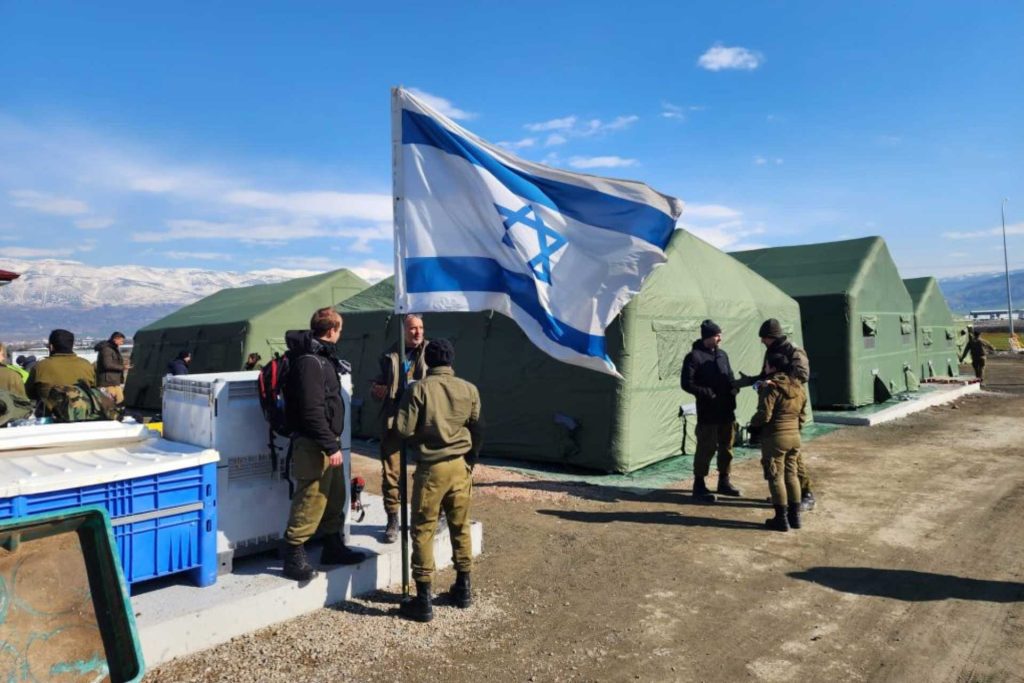
Israel’s Deputy Ambassador to Turkey, Nadav Markman, recently announced via Twitter that Israeli rescue teams have successfully saved 17 individuals over the past four days. With over 400 Israeli personnel currently engaged in rescue operations across various sectors, Israel has dispatched more than 150 tons of humanitarian aid to Turkey, demonstrating an unwavering commitment to ongoing relief efforts. Israel’s substantial aid contributions, encompassing over 15 relief flights thus far, position it as the second-largest donor to Turkey following Azerbaijan. This solidarity between the two nations underscores the significance of their strategic partnership in the Middle East, further reinforced by recent collaborative initiatives. Notably, the IDF’s Intelligence Management Department (Department 9900) merits acknowledgment for its pivotal role in facilitating rescue operations. Leveraging advanced satellite imagery analysis, Department 9900 provides real-time data to ground teams, enabling precise intervention strategies and maximizing efficacy in disaster response efforts.
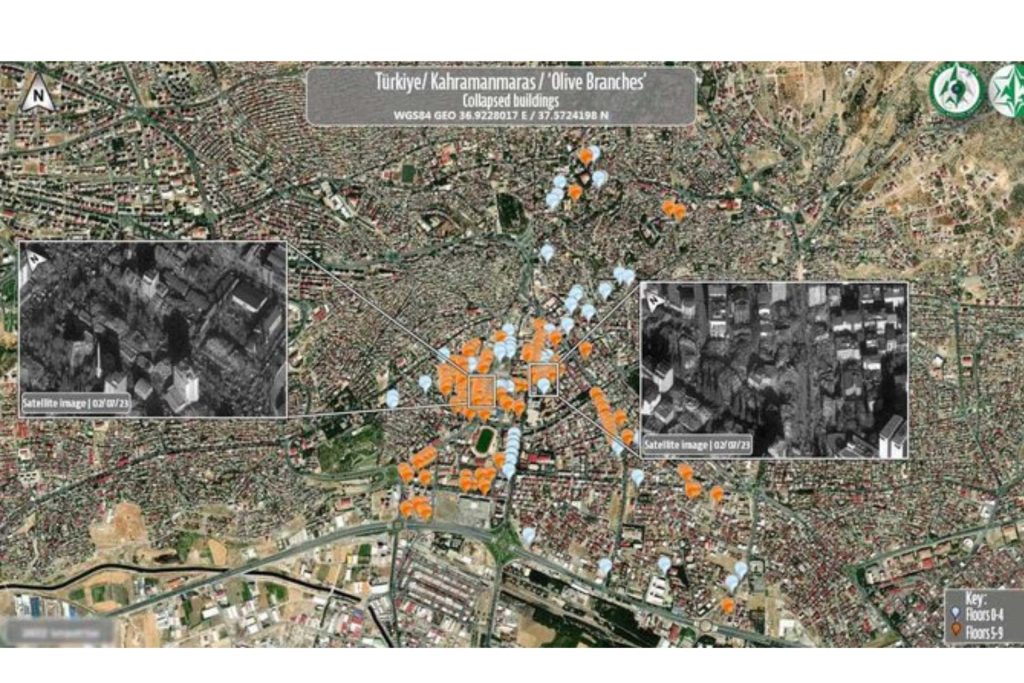
Israel’s provision of aid to Turkey in the wake of natural disasters is not a recent phenomenon. Following the devastating Gölcük earthquake on August 17, 1999, Israel took significant steps to support Turkey’s recovery efforts. Establishing a Turkish-Israeli village and constructing a high school in Adapazarı were among the initiatives undertaken. Furthermore, Israel assumed responsibility for the education of children affected by the earthquake. Similarly, in response to the November 12, 1999 Düzce earthquake, Israel dispatched over 350 personnel to Izmit to assist the Turkish populace. A secondary team augmented the initial deployment on November 14, and a fully equipped field hospital was promptly established. Notably, the 1990s marked a period of notable closeness in Turkey-Israel bilateral relations, with humanitarian assistance serving as a pivotal component. Israel’s adept utilization of earthquake diplomacy worldwide underscores its commitment to bolstering bilateral ties through humanitarian support endeavors. However, it is imperative to recognize the nuanced sensitivity surrounding Israel’s relations with Turkey and Azerbaijan. In conclusion, humanitarian aid has emerged as a cornerstone in the evolution of bilateral relations between Turkey and Israel over the past quarter-century, with prospects for continued collaboration and deepening ties appearing promising in the foreseeable future.
Muhammed F. Cetinkaya
Boston University The Pardee School of Global Studies


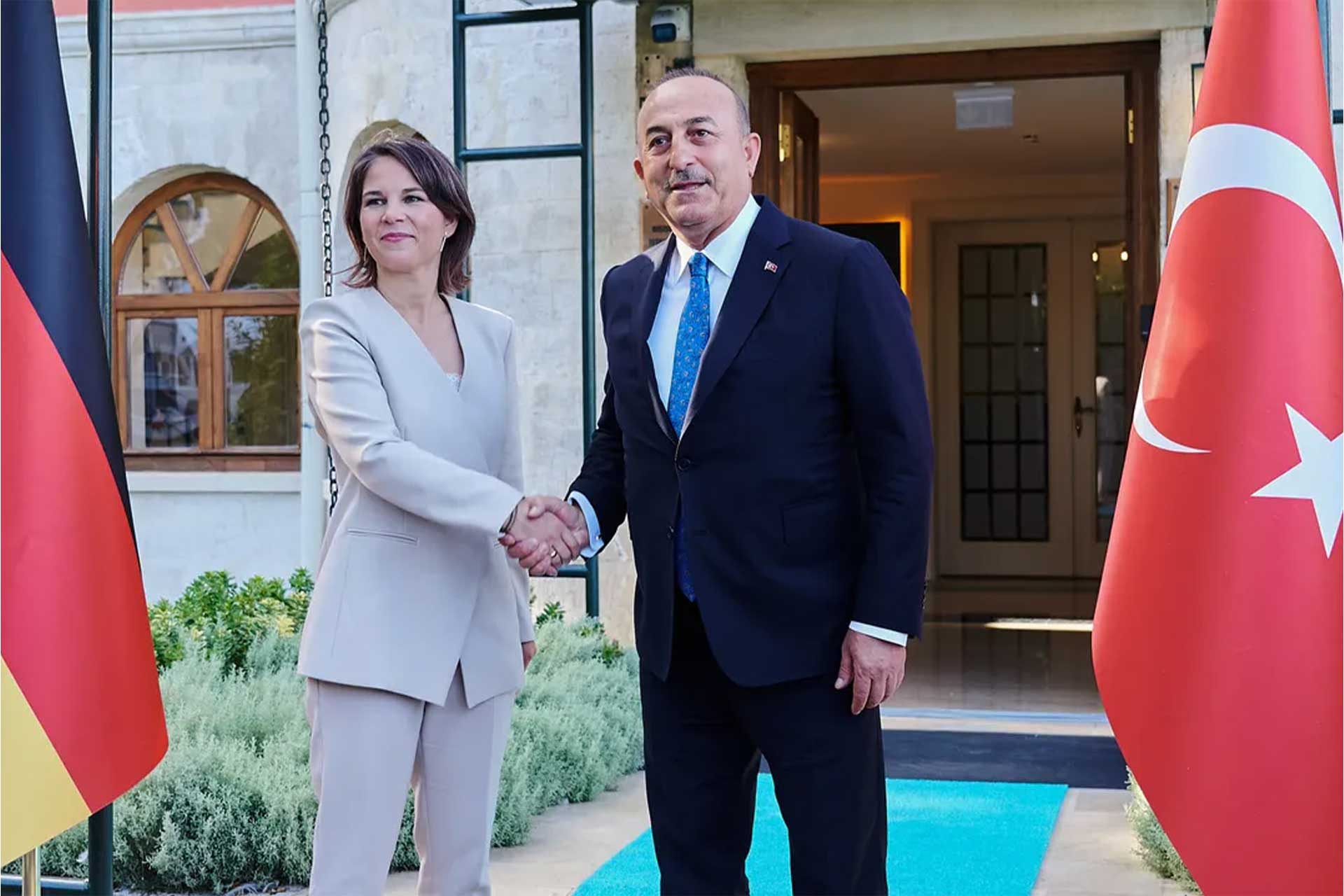
Comments